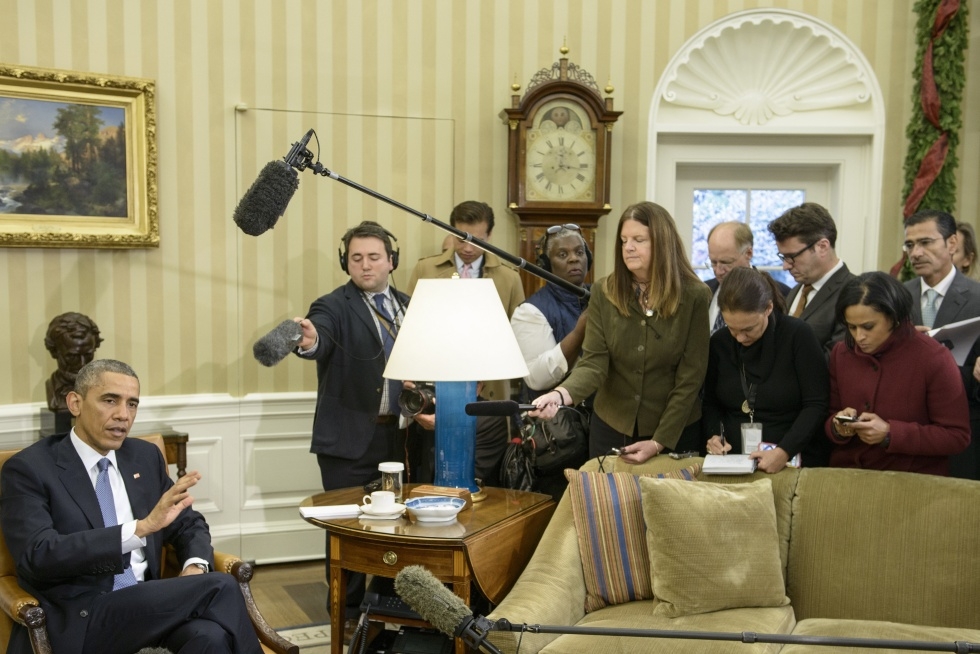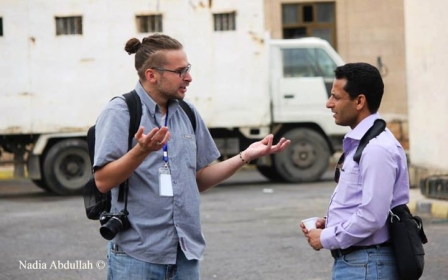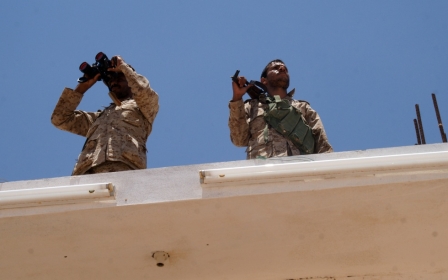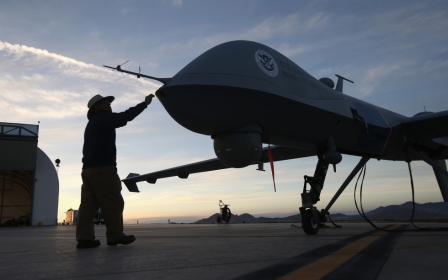US urged to review hostage policy after Yemen rescue attempt takes heavy toll

The US government is being urged to rethink its policies on hostage negotiations after Saturday’s attempted rescue of US journalist Luke Somers in Yemen.
At least eight Yemenis are known to have died during the botched raid in Shabwa province, central south Yemen, as well as Somers and Pierre Korkie, a South African teacher who along with Somers had been held hostage by al-Qaeda in the Arabian Peninsula (AQAP) for over a year.
Reporters Without Borders (RSF), an international lobby group for the rights of media workers, said the death of Luke Somers on Saturday reflected “the growing dangers of working as a journalist.”
The group called on the US government to “explore all alternatives to the military option and to make every effort to guarantee the safety of all civilians involved.”
The US has previously announced that it will conduct a review its policy on hostages, and in their statement RSF to consult with former hostages, both US and non-US nationals, families and employers in the course of their investigation.
The US currently has a strict policy of refusing to pay ransoms.
The spotlight was shone on US hostage negotiation policy on Saturday, particularly after it emerged that the South African hostage, held by the same captors, was due for release on Sunday after apparently successful negotiations between AQAP and tribal leaders employed by a South African NGO.
‘Blood on the ground’
Just after midnight on Saturday morning, a US Special Forces team disembarked from two CV-22 Osprey helicopters, approaching the compound where the men were being held on foot.
Then, according to US military sources, the team “lost the element of surprise” and intense shooting ensued.
Activists have told MEE that the ground team was backed up by a US drone, which carried out a huge strike in the area.
In the initial aftermath of the failed rescue attempt the death toll was unclear, but US officials later confirmed the deaths of Luke Somers, 33, and Pierre Korkie, 56, who they said were executed by their captors as the raid became apparent.
The Pentagon has said it is unaware of any civilian casualties during the rescue attempt.
However, Ali al-Ahmadi, chief of Yemen’s National Security Bureau, said civilians as well as AQAP fighters had also been killed during the raid, though he did not specify numbers.
A tribal leader from the village where the rescue took place told the New York Times that eight civilians had been killed, along with two AQAP members who were guarding the compound.
Mohammed al-Gawili, the director of the Organisation for Drones Victims who spoke to MEE on Saturday, confirmed this.
“Five brothers were killed during the operation, members of the al-Hard family. Two of their uncles, Fahd and Nasser, also died.
“Hajj Abdullah Lauj, who was over 70 years old, was also killed – his son, Saleh Abdullah, was shot in the stomach.”
It is not known whether the civilians who died were killed as a result of the drone strike or by US Special Forces operatives on the ground.
The high death toll of Saturday’s raid will likely add to criticism of US military tactics, after it was revealed that a previous rescue attempt failed to free the US hostages.
Yemeni security sources told Reuters that the attempt launched last month succeeded in freeing seven AQAP members, who had been detained by their own organisation as they were suspected of spying for the government.
In the wake of Saturday’s raid, Gawali told MEE, “there is a lot of blood on the ground.”
New MEE newsletter: Jerusalem Dispatch
Sign up to get the latest insights and analysis on Israel-Palestine, alongside Turkey Unpacked and other MEE newsletters
Middle East Eye delivers independent and unrivalled coverage and analysis of the Middle East, North Africa and beyond. To learn more about republishing this content and the associated fees, please fill out this form. More about MEE can be found here.




